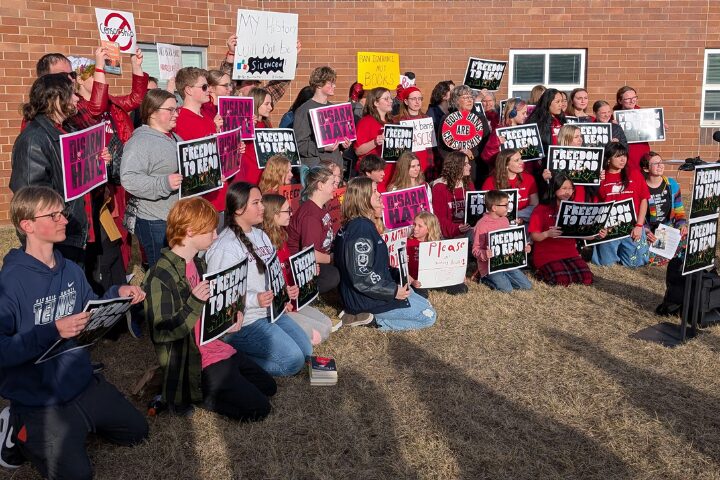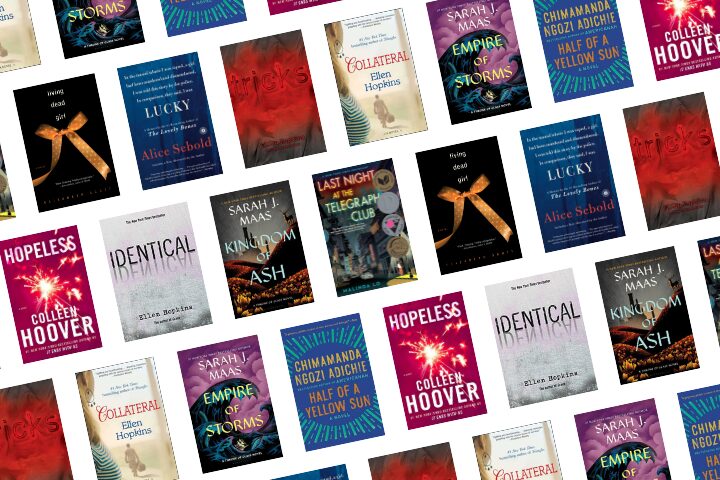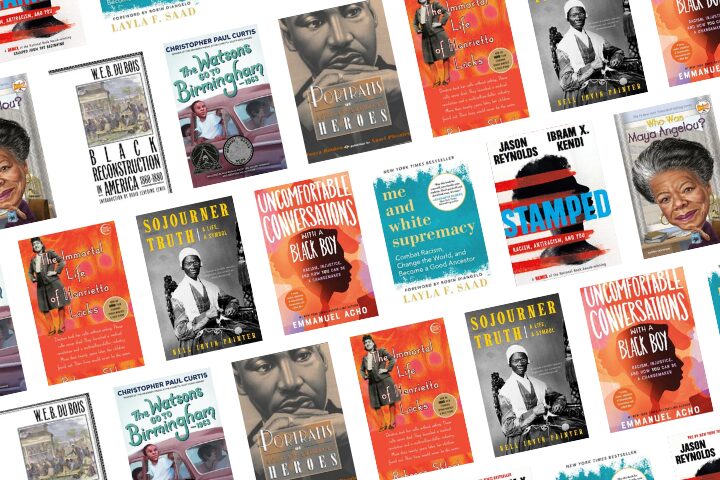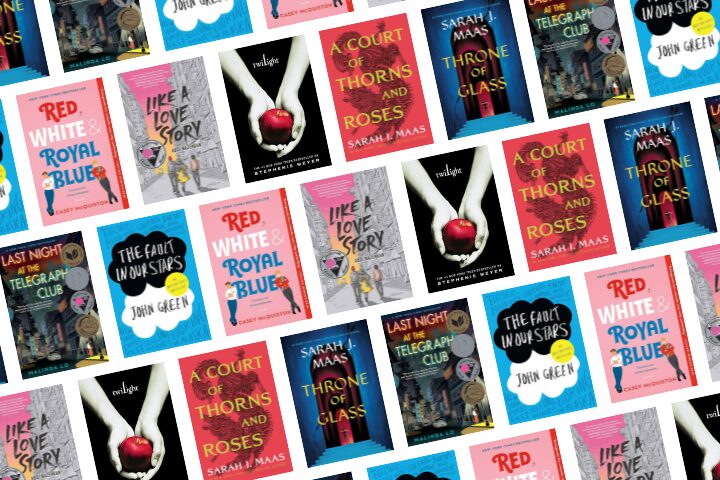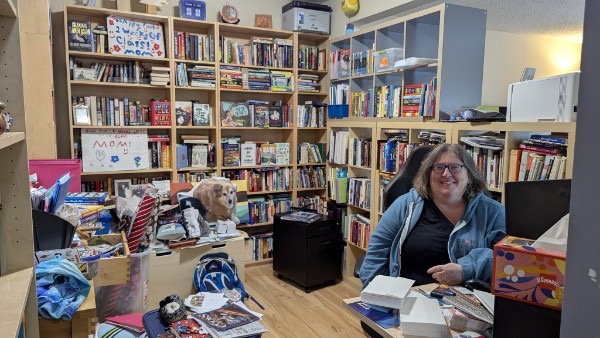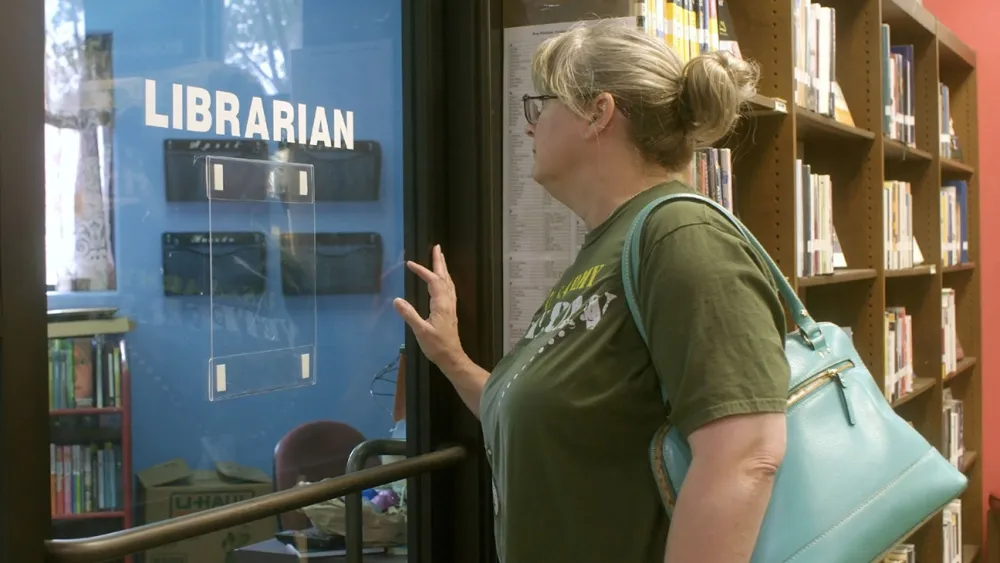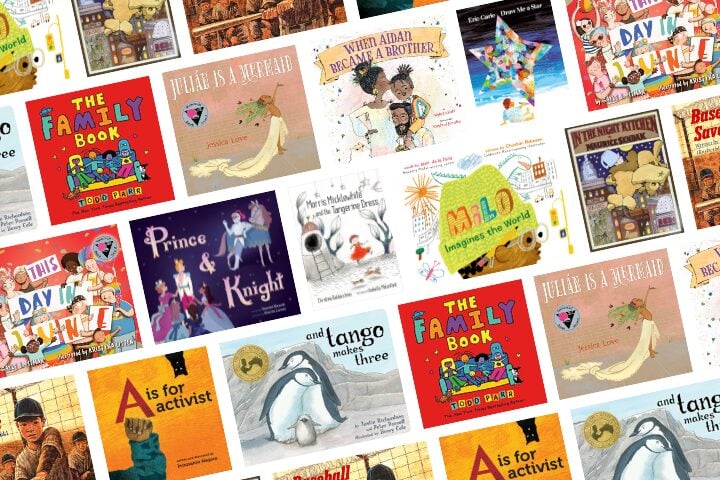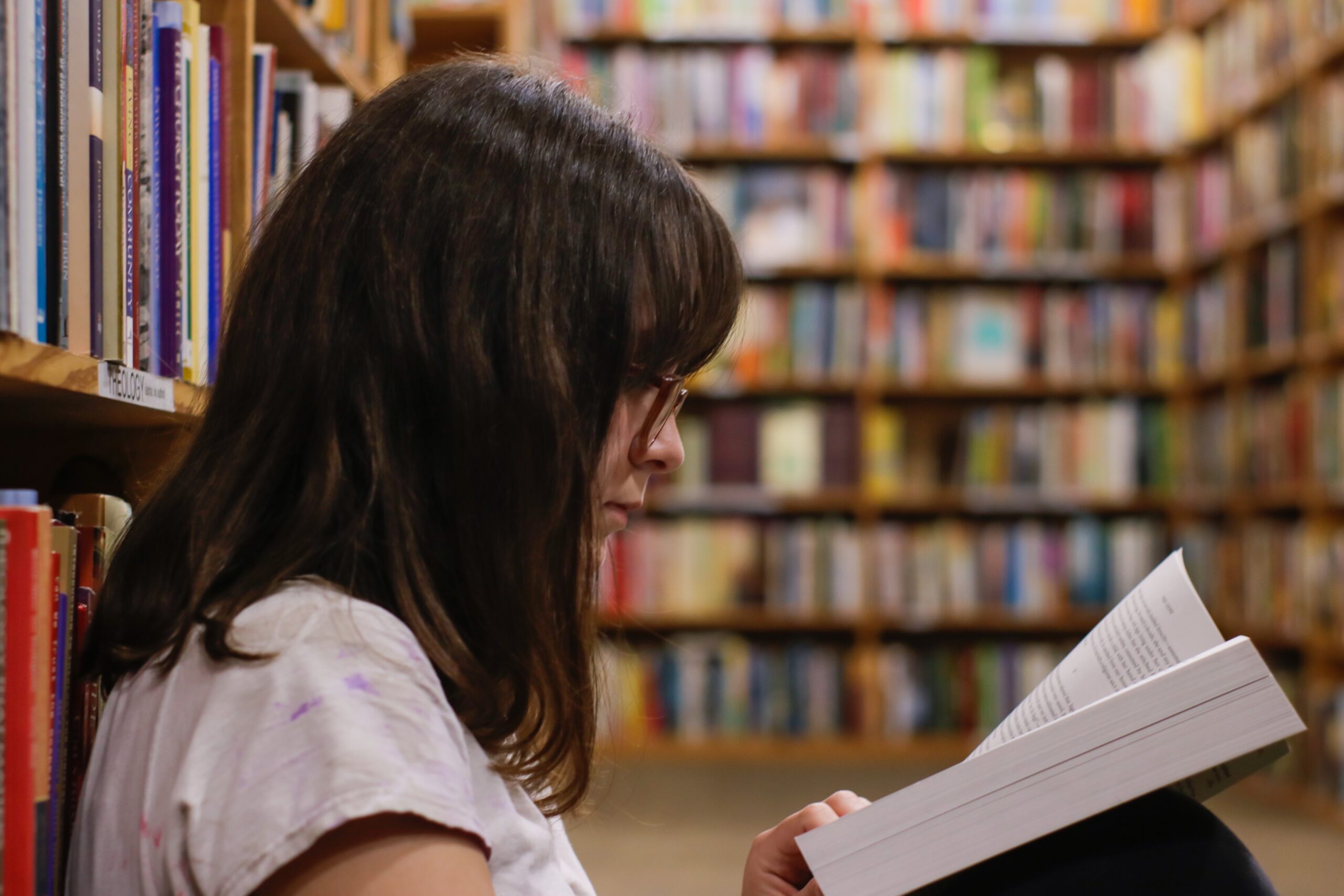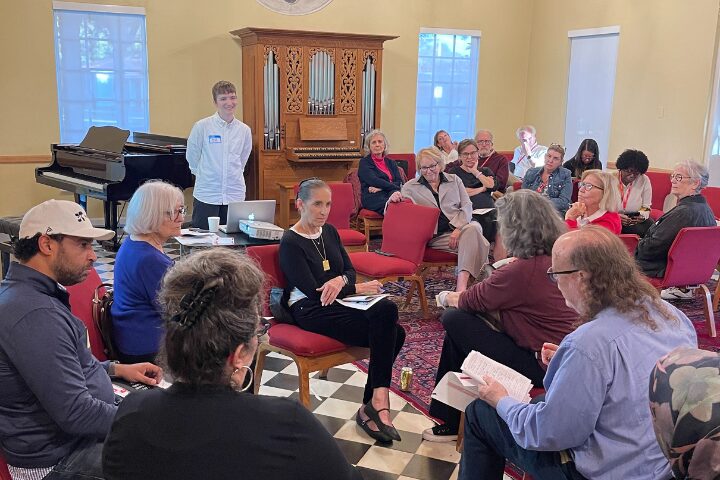By PEN America and ACLU of South Carolina
For the fourth time since new book-banning regulations were adopted last year, the South Carolina Board of Education is set to decide on another batch of books individuals are seeking to ban statewide. On March 13th, the state Instructional Review Materials Committee voted unanimously to recommend that 10 more books be pulled from all K-12 schools and libraries under a rule that bans books containing any descriptions or visual depictions of “sexual conduct,” regardless of the merit of a book. A final vote is scheduled for April 1st.
If the State Board of Education bans the additional 10 titles, South Carolina will surpass Utah’s 17 state-mandated school book bans, and have the most state-mandated bans in the country. Only two other states, Utah and Tennessee, have a mechanism for statewide book bans established by state law.
The adoption of Regulation 43-170 was driven by State Superintendent Ellen Weaver, who has also pushed to end AP African American Studies in the state and introduced questionable “educational” materials from PragerU–a non-academic, non-accredited organization–into South Carolina schools.
Since being enacted in 2024, the regulations have been used to review 17 other titles for statewide bans, with 12 banned by removal or restriction thus far. Of the 27 books challenged at the state level in South Carolina thus far, the majority were written by LGBTQ+ and women authors. The challenges are impacting many diverse titles: 51% have people or characters of color and 30% have LGBTQ+ characters or people. Additionally, 52% address sexual violence, 52% address mental health, and 48% address death and grief–all subjects young people benefit from having information about.
“I didn’t have access to books like this that would have helped me better understand who I was. That’s why I write books about LGBTQ+ and Asian American characters. I’m writing the books I needed as a teen,” Malinda Lo, author of Last Night at the Telegraph Club wrote in response to a pending ban of her book. “Since Telegraph Club was published, many LGBTQ+ and Asian American readers have contacted me to tell me how much this book meant to them. Seeing yourself in a book can be a transformative and empowering experience.”
The 12 titles already banned and the 10 books under consideration are mostly young adult books that tackle difficult themes like abuse, bullying, or sexual and physical violence. The handful of books retained thus far are mostly classics, and comprise some of the few titles that the board members have admitted to actually having read prior to voting. Local advocates have keenly pointed out that the banned titles contained content not dissimilar from the violence or sex-related scenes in the retained titles like 1984 and Romeo and Juliet.
The statewide book bans are affecting more than 700,000 South Carolina students and their families. So far, most challenges brought to the state level have been the result of appeals by one individual. The parent launching these complaints is a Moms for Liberty member who used BookLooks to identify what titles to target originally in Beaufort, South Carolina. Nearly all of the 97 original titles were retained after undergoing a rigorous review process shown in the documentary Banned Together. Despite this, she’s sought to ban these books for all communities in South Carolina.
That one person has been able to force districts across the state to remove books from their shelves illustrates how Regulations 43-170 itself is an affront to the very idea of local control in South Carolina.
Since the start, South Carolinians have been raising their voices to tell the state that their communities already know what’s best for their schools. Grassroots organizations like Families Against Book Bans, Diversity Awareness Youth Literacy Organization (DAYLO), CAPE York County, and Midlands APPLE have been showing up to speak out against district bans and book challenges at the state level. Authors including Ellen Hopkins, Elana K. Arnold, and Malinda Lo and the organization Authors Against Book Bans have advocated for their books in South Carolina as well.
At the March 13th hearing, Ellen Hopkins, the author of multiple books banned across South Carolina, told the committee: “Fear-driven politics is at the heart of the current book-banning fad. It’s not about ‘protecting our children.’ It’s about keeping them ignorant. We cannot progress as a country, or as a species, if we’re not allowed to gather information, educate ourselves, and develop critical thinking skills. We cannot create a better future if we’re not allowed to learn from the past. We cannot become better human beings if we’re not taught empathy.”
It’s time for South Carolina’s State Superintendent and Board of Education to listen to all of their constituents, and end their campaign of state-mandated censorship of local school districts.
–
Concerned citizens in South Carolina can fight these bans by contacting State Board of Education members, and out-of-state allies can support by sharing information and raising awareness of this appalling attack on South Carolina schools.
The books under consideration are:
- Collateral, by Ellen Hopkins
- Empire of Storms, by Sarah J. Mass
- Half of a Yellow Sun, by Chimamanda Ngozi Adichie
- Hopeless, by Colleen Hoover
- Identical, by Ellen Hopkins
- Kingdom of Ash, by Sarah J. Mass
- Last Night at the Telegraph Club, by Malinda Lo
- Living Dead Girl, by Elizabeth Scott
- Lucky, by Alice Sebold
- Tricks, by Ellen Hopkins
Already banned in South Carolina are:
- All Boys Aren’t Blue, by George M. Johnson
- A Court of Frost and Starlight, by Sarah J. Maas
- A Court of Mist and Fury, by Sarah J. Maas
- A Court of Thorns and Roses, by Sarah J. Maas
- A Court of Wings and Ruin, by Sarah J. Maas
- Crank, by Ellen Hopkins (Restricted)
- Damsel, by Elana Arnold
- Flamer, by Mike Curato
- Push, by Sapphire
- Normal People, by Sally Rooney
- The Perks of Being a Wallflower, by Stephen Chbosky
- Ugly Love, by Colleen Hoover

